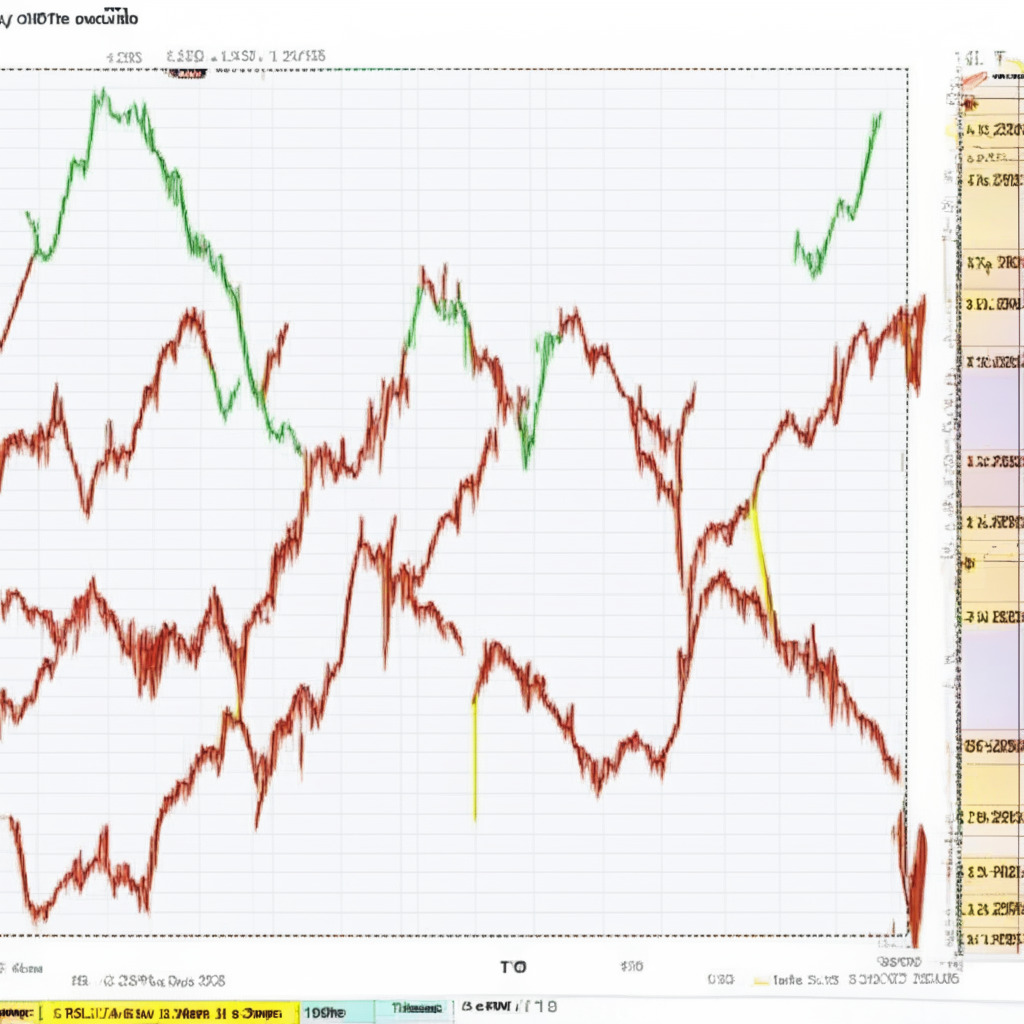U.S. lawmakers are currently in a heated debate over the “debt ceiling,” a legal limit on the amount of money the U.S. government can borrow. This debate has potential implications for traditional finance and the future of blockchain and cryptocurrencies.
The debt ceiling has been a popular tool for politicking in recent years, as fiscal conservatives seek to use the vote to advocate for lower government spending. While often regarded as political theater, the debt ceiling showdowns can raise borrowing costs for the public, and long-term repeated standoffs can impact the U.S.’s standing in global finance.
If the U.S. were to default on its national debt, the immediate consequences would be severe. Interruption of government payments, such as Social Security checks and military contracts, would lead to a sharp decline in GDP and the stock market. The ripple effects would likely gut short-term prices for cryptocurrencies like Bitcoin.
While a U.S. default remains unlikely, its potential impact is vast enough that even the slim chance is reflected in market trends. The yield on U.S. Treasury bonds is inching upward, and both the Dow Jones Industrial Average and Bitcoin have experienced downward movement over the past several weeks. However, other market uncertainties make it challenging to link these directly to the debt ceiling debate.
In the catastrophic event of a default, the global financial system would be dramatically reshaped, potentially leading to a more significant role for Bitcoin in the global financial infrastructure. The U.S. dollar’s strength and stability might wane, driving countries to reconsider their reliance on it as a trade and investment instrument. This change in landscape could create demand for Bitcoin as an international trade tool.
It is important to recognize that the debt ceiling debate highlights critical issues with government spending and national debt, which affects countries worldwide. Global national debt levels have reached a record high, at 102% of GDP, leading to concerns about a potential cascading series of interlocking national defaults.
In this scenario, Bitcoin’s neutral monetary layer could provide a backstop due to its detachment from national debt risks. As the U.S. debt limit debate continues to unfold, it emphasizes the importance of addressing systemic financial risks and exploring solutions such as blockchain and cryptocurrencies for a more stable future.
Source: Coindesk




